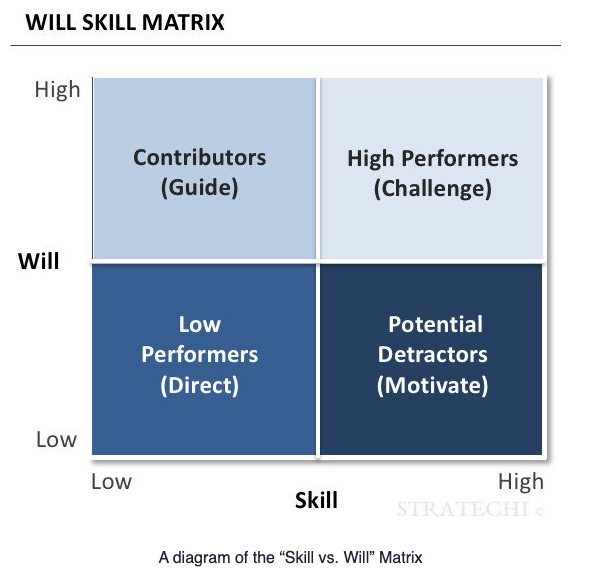First 10 Mistakes I Made as a Manager
Helen's retrospective on early mistakes in her manager career
I was so excited to become a manager. I had worked hard for the opportunity and was eager to prove—to my team, my organization, and myself—that I was ready (and I was). But looking back, there are things I wish I had done differently. You can’t learn every lesson through someone else’s experience, but here are a few of mine.
Your team won’t all mirror your pace, ambition, or work style. High-performing teams thrive on diversity of strengths, not uniform intensity. Find a way for everyone on your team to be in their optimal state, and embrace that their state will look different from yours.
Have the courage to hire people who are better than you - if you can hire for strengths beyond your own, everyone will benefit. To do that, ensure you have awareness of where you excel and where you have room to grow.
Your job is to be an editor of your team’s work - when your team comes to you with a problem that they need help with, they don’t actually need you to solve it for them. Ask what they have thought of and have tried already. Offer input and guidance first.
Keep your 1:1s sacred and have your direct reports drive the agenda. It is their time - sometimes they may need you to coach them, sometimes to support them, and listen. If you need to work on something on your list, try to schedule a separate meeting for it.
Don’t underthink task assignment - as a manager, you have a lot of work to assign - special projects, fire drills, areas of focus. Your job is to be thoughtful in who gets to work on what. Don’t go on autopilot - stay intentional.
Remember to give more praise than you think you need to for work well done - genuine and authentic appreciation is the cheapest way to motivate a team.
At the same time, don’t reward people for doing the basics - your praise needs to be meaningful, so don’t insult people’s intelligence by thanking them for doing things that are basic expectations of the job and the team
One size does not fit all in management - consider what different people on your team need and adjust your management approach. One model I use (invented by Paul Hersey and Ken Blanchard in the 1970s) is the Will Skill matrix, as a starting point.
Be mindful of the team members with whom you spend your time. It’s easy to get bogged down managing low performance, but your high achievers are the ones driving impact for your team. Where you spend your time sends a message to the team on what is most important to you.
Avoid being a “helicopter” manager when you’re on vacation or out of the office. Jumping in from afar signals that you don’t trust your team and that disconnecting isn’t truly acceptable. Plus, your input will often be mediocre because you’re weighing in without full context.
If you are looking for more content as a manager, here are some previous Mind the Beet articles:


